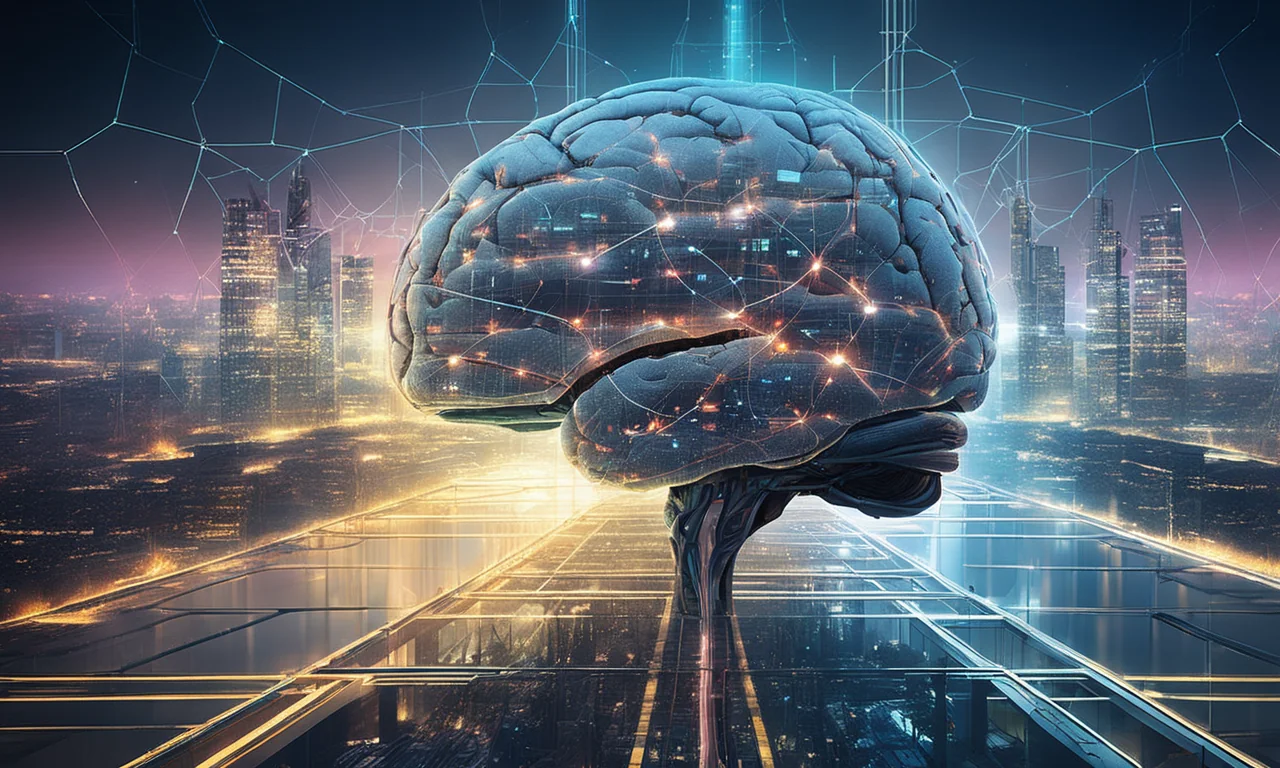
Decentralized AI Infrastructure Drives New Wave of Market Speculation
The rise of decentralized GPU clouds and encrypted protocols is reshaping privacy, creativity, and asset valuation in the AI sector.
Today's X discussions around #artificialintelligence and #ai reveal a landscape defined by rapid decentralization, the commodification of AI-driven assets, and a mounting tension between creativity, privacy, and market speculation. If you thought AI was still a playground for tech evangelists, the sheer diversity and contradiction of today's top posts will force you to reconsider: from decentralized GPU clouds to anime scenes rendered by neural nets, the new AI frontier is as much about culture and profit as it is about technology itself.
Decentralization and Privacy: The New Arms Race
Decentralized infrastructure is quickly becoming the battleground for AI innovation. Announcements like the launch of Gata's decentralized GPU cloud are reframing what it means to build and deploy intelligent agents, offering unlimited computational resources and breaking the old monopolies of cloud service giants. Similarly, the aZen protocol's emphasis on encrypted, distributed learning stakes a claim that privacy must not be sacrificed for AI performance—a defiant response to the industry's historic disregard for data sovereignty.
"Data should never trade privacy for performance. aZen encrypts, distributes, and learns — without exposure."- aZen (161 points)
The relentless momentum toward decentralization is echoed in the surging interest in AI-based tokens and NFTs, as seen in the Supreme pump on #AI tokens and the speculative mania around Genesis NFTs tagged with AI trends. With privacy, ownership, and resource access at the forefront, AI is no longer just an algorithmic marvel—it's the backbone of a new economic order.
AI in Culture and Community: From Chainsaw Man to Japanese Fluency
AI's reach into popular culture and global community-building is impossible to ignore. The viral Chainsaw Man fan art generated by neural networks doesn't just reflect technical prowess; it's a testament to AI's role in shaping new forms of artistic vulnerability and creative expression. The scene between Reze and Denji, rendered with palpable emotion, draws thousands into a digital conversation on the nature of human connection and AI's ability to evoke empathy.
"I shipped these two I don't care they're the main two cannon ship to me"- Tristen Norris (56 points)
AI's globalizing effect is equally apparent: the revelation that Isaac Joshua now “speaks Japanese” thanks to AI-powered translation exemplifies how machine learning is dissolving language barriers and fostering cross-cultural communities. Meanwhile, the latest XRPL Community Magazine dives into AI's intersection with gaming and blockchain, highlighting the creators who are redefining the boundaries of innovation in these interconnected fields.
Speculation, Skepticism, and the Blurred Line of Reality
The speculative fervor surrounding AI tokens, NFTs, and decentralized protocols is matched by growing skepticism over the authenticity and ethics of AI-generated content. Tweets like Jonathan Petramala's warning about AI fakery in drone footage reflect a broader anxiety over distinguishing truth from illusion, especially as AI-generated visuals become indistinguishable from reality. Calls for regulatory intervention and content filters abound, with some voices demanding bans or disclosures as a minimum safeguard.
"They need to ban AI, like yesterday or at a minimum severely regulate it with clear content filters' that disclose that the picture isn't real. Congress can't even wipe their own ass, so I won't hold my breath."- John Lindsey (24 points)
This skepticism coexists with a relentless optimism and appetite for what's next, whether in podcasts such as Moby Media's weekly AI roundtable, the tongue-in-cheek proof-of-work power nap meme, or the market's euphoric reaction to the latest AI supercycle. The result is a digital agora where hope, hype, and healthy distrust clash—and where, ironically, the only certainty is constant disruption.
Journalistic duty means questioning all popular consensus. - Alex Prescott